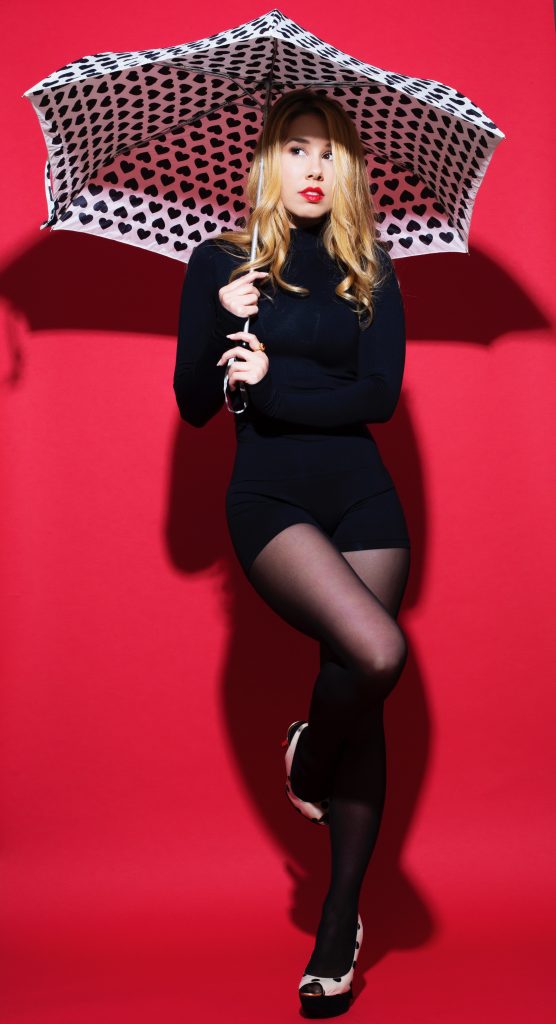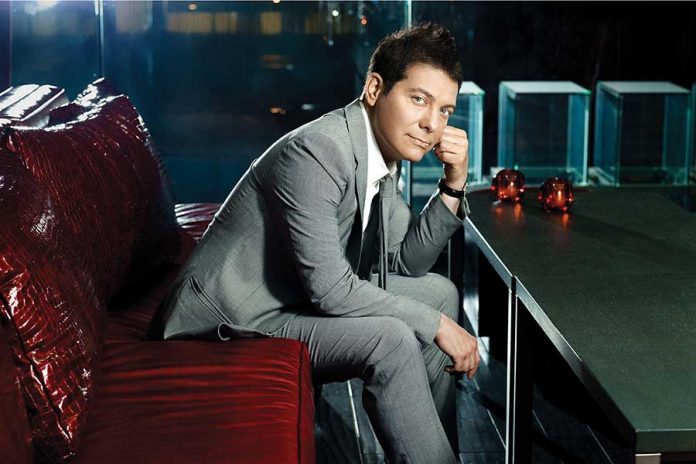Out gay entertainer Michael Feinstein is known for his work archiving and chronicling the Great American Songbook. Over the course of his illustrious career, he has won five Grammy Awards, and has performed all over the world with a who’s who of singers. For his latest concert, “Michael Feinstein: ‘You’ve Got a Friend’ From Gershwin to Carole King and Beyond,” he teams up with “American Idol” contestant Haley Reinhart. They will be at the Keswick Theater in Glenside on Feb. 7.
PGN spoke with Feinstein on the phone from New York about his upcoming performance.
You have made a career out of chronicling the Great American Songbook. This performance expands on your work to include songs by Carole King and others, from James Taylor to Stevie Wonder. What can you say about branching out in this way?
I think as an artist, it is important to continue to grow. I have great joy and stimulation from music, and to expand the palette is exciting. There’s so much music out there. I don’t feel I’ve mined all of the classic American songbook, but people want to hear the songs of Carole King, Stevie Wonder, Jimmy Webb and Paul Williams. We now have years of perspective from that time and the incredible craft and the lasting resonance of those songs.
What was your criteria for the songs you chose to perform in this concert?
Some of the songs, it’s looking at the lyrics from a new perspective. “You and Me Against the World,” I liked the Helen Reddy recording when I was a kid, but now when I sing it, I sing it gently, and with great investment. And I see people crying. So, it’s finding a song I can bring something to and add something to or interpret in a way that makes it fresh or brings out the depth that people might not have recognized.
Is there a particular number that has special resonance for you?
There are a lot of songs that have resonance. There’s a medley I just put together, “Don’t Let Me Be Lonely Tonight”/“One Less Bell to Answer.” Thematically, they worked. I love singing that; it’s very challenging and not easy to sing because of the acting — you have to go so deep into it. The other thing is that songs themselves mean different things in different times.
What makes a great arrangement?
Any song I choose is one that has been thoughtfully approached — in that I have to not only make sure I have something fresh to say with it, but it is something I can adapt to my musical style. I love reinventing songs. I try to bring through the essence of what the writers intended, but I might have a different musical approach, use different tempos, rhythms, beats or instrumental forces. All of those components give an artist a big sandbox to play in. It’s living with something for a while and seeing what comes up from the creative well and winnowing it.
You have dedicated your life to archiving researching cataloging and preserving the American songbook, and the works of Gershwin, in particular. What can you say about the itch that that performing scratches?
I have the blessing — or the curse — of knowing the original version of a song. I say it that way because it can be a straitjacket. I adore the way the song “Fascinatin’ Rhythm” was written. There’s a 1926 recording, which is one of the most perfect Gershwin performances I’ve heard. But if I performed it in that style, audiences would not find it as resonant as if I played it with a different beat and made it a little more jazzy. So, while I often prefer the original versions of the songs I sing, I find I have to do modern interpretations to have mass audiences appreciate them. In many instances, I prefer to sing the original versions. It depends on the context.

How did you come to work with Haley Reinhart, and collaborating with her on the songs?
I found Haley online and was very impressed with her approach to music because she is much younger than I am, yet she has a deep connection with telling a story with a song. She has a gorgeous voice, and that attracted me to collaborate with her. She is very different from who I am, and it makes it exciting when we sing together. We don’t know what to expect. It’s spontaneity. When we do “My Baby Just Cares for Me,” she’s doing Nina Simone, and I’m doing 1930 Eddie Cantor. We come to a hybrid of that, and that makes it a lot of fun.
For tickets and more information, visit: https://www.keswicktheatre.com/events/detail/385672
